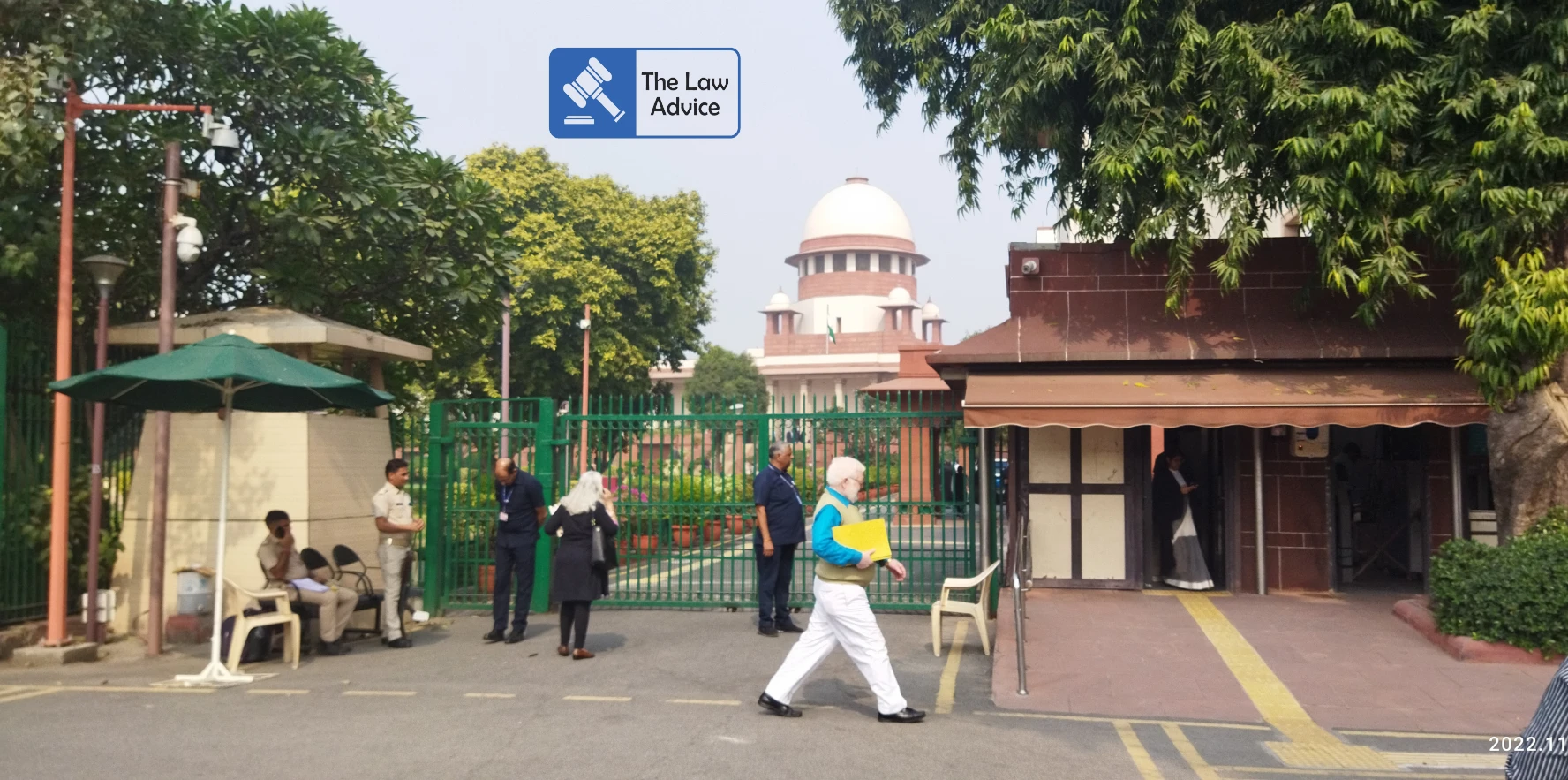
In a significant judicial development on August 29, 2025, the Supreme Court of India has taken a stern stance against the casual approach of the Superintendent of Police (SP), District Churu, Rajasthan, in the high-profile Vimla Devi case. The court, comprising Mr. Hon’ble Justice Ahsanuddin Amanullah and Mr. Hon’ble Justice S.V.N. Bhatti JJ., issued a notice to the SP, demanding an explanation for the lackadaisical handling of the matter. This action follows the rejection of an affidavit submitted by the SP, which the court found to be a mere regurgitation of existing trial and high court records, filed nine months after the initial directive. The case, rooted in a violent assault and murder, underscores the judiciary's growing impatience with administrative lapses and highlights the critical need for accountability within law enforcement.
The controversy stems from a special leave petition (SLP) filed by Vimla Devi, seeking justice for the brutal murder of a family member in 2019. The incident, detailed in FIR No. 116/2019 and subsequent legal proceedings, involved accused persons Pawan and Krishna, who were convicted by the trial court for offenses under Sections 302 (murder), 323 (voluntarily causing hurt), and 149 (unlawful assembly) of the Indian Penal Code (IPC). The trial court’s judgment emphasized the use of a lathi as a dangerous weapon, supported by medical evidence from post-mortem reports indicating a fatal abdominal injury caused by a forceful blow. Despite this, the High Court granted bail to the accused, a decision Vimla Devi challenged, arguing it was based on erroneous grounds, including the mischaracterization of the lathi and insufficient consideration of the accused’s prior abscondence.
The Supreme Court’s order dated August 29, 2025, marks a turning point. On August 12, 2025, the court had directed the SP to file a personally affirmed affidavit to clarify the police’s role and the status of the investigation. However, the submitted affidavit disappointed the bench, as it merely echoed details already available in court records without offering new insights or addressing the court’s concerns. This prompted the court to label the SP’s approach as “totally casual” and issue a notice questioning why disciplinary action should not be initiated.
The Vimla Devi case revolves around a violent assault on June 11, 2019, where Pawan and Krishna, along with other accused, allegedly used lathis and dandas to inflict lethal injuries. Medical evidence from Doctors confirmed a laceration of the small intestine due to an abdominal injury, deemed sufficient to cause death. The trial court convicted the accused, sentencing them to life imprisonment, but their bail grants—after minimal incarceration periods of 19 months for Krishna and just 4 months for Pawan, who had evaded arrest for 14 months—sparked outrage. Vimla Devi’s petition argues that the High Court ignored these factors, including Pawan’s deliberate abscondence, and relied on parity with co-accused Surajmal, who was granted bail due to age and illness, despite the principal roles played by Pawan and Krishna.
Legal precedents relied upon by the counsel for the petitioner, Shri H.D. Thanvi, assisted by Nikhil Kumar Singh and Shikhar Bhardwaj, include State of Haryana v. Hasmat (2004), wherein the Supreme Court emphasized that while considering bail in serious offences such as murder, the gravity of the crime and the conduct of the accused must be taken into account—factors which, it is argued, were overlooked in the present case. Similarly, in State of U.P. v. Amarmani Tripathi (2005), the Court clarified that the principle of parity in bail matters cannot be applied mechanically, particularly when the degree of culpability differs. Furthermore, the trial court’s finding that the lathi constituted a dangerous weapon, supported by the ruling in Chatru v. State of Rajasthan, stands in direct contradiction to the High Court’s lenient approach, which, according to the counsel for Vimla Devi, amounts to a miscarriage of justice.
The intervention of the Supreme Court underscores the broader implications of this judgment. It serves as a wake-up call to law enforcement agencies, highlighting the consequences of a lackluster approach that undermines judicial processes. The summons to the SP is not merely a reprimand but a demand for accountability, reflecting the court’s resolve to ensure that police officers fulfill their statutory duties diligently. This case echoes past instances, such as the Lalita Kumari v. Govt. of U.P. (2013) ruling, which mandated FIR registration for cognizable offenses, reinforcing the need for proactive policing.
The judgment’s importance lies in its potential to reshape police conduct and judicial oversight. By rejecting the SP’s affidavit and initiating proceedings against him, the court sends a clear message that administrative negligence will not be tolerated, especially in heinous crime cases. This could prompt systemic reforms, including stricter monitoring of police affidavits and enhanced training to align with judicial expectations. For victims like Vimla Devi, it offers hope that their pursuit of justice will not be derailed by bureaucratic inertia.
Supreme Court’s move in the Vimla Devi case is a pivotal step toward ensuring accountability in law enforcement. It highlights the judiciary’s role as a guardian of justice, unwilling to overlook administrative shortcomings. As the case progresses, it could catalyze reforms, strengthen victim trust, and reaffirm that even the gravest crimes will face rigorous scrutiny, setting a benchmark for future judicial-police interactions in India.
Case Details:-
SLP(Crl) No.4508/2024
VIMLA DEVI
VERSUS
STATE OF RAJASTHAN
Website designed, developed and maintained by webexy